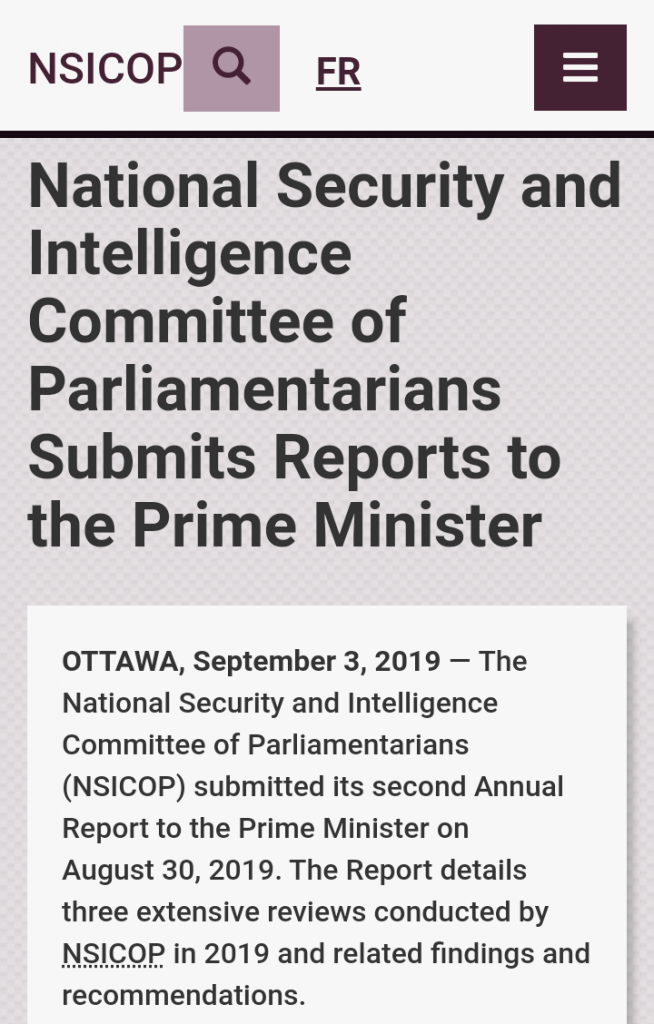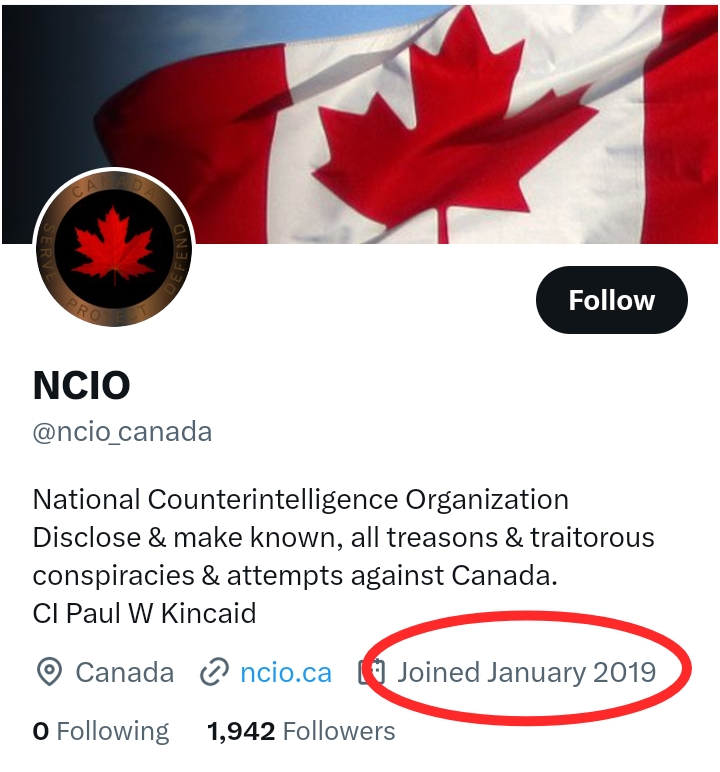
Germany’s double agents Justin Trudeau and Chrystia Freeland are still in office because Germany has an ally controlling Canada and the Canadian government using color of law and color of right.
Color of law refers to the appearance of legal authority or an apparently legal right that may not exist. The term is often used to describe the abuse of power under the guise of state authority, and is therefore illegal
This German ally assisted Germany wage 2 World Wars against the UK, Canada, the USA and Europe and assisted Germany wage the COVID-19 bioterrorism and biological warfare/war attack against Canada and the World’s civilian population.
The German ally and collaborator is the 1919 abolished German Saxe-Coburg and Gotha monarchy. Germany’s ally in Canada and the UK manufactured and assumed the English name/alias House of Windsor July 17, 1917 to continue to unlawfully rule the UK and Canada under color of law and color of right.
Since the death of Queen Anne the UK’s monarchy has been German. The UK’s illegitimate monarchy became a German monarchy when Queen Anne died on August 1, 1714. As a result, the Germany born Elector George Louis of Hanover was proclaimed king of Great Britain in absentia. He was proclaimed king of Great Britain in absentia because he was living in Germany at the time. He didn’t speak a word of English. He was the only possible heir to the throne and the first German to ascend an English throne. He was the German King of Great Britain and Ireland from 1 August 1714 and also ruler of the Electorate of Hanover within the Catholic Church’s Holy Roman Empire from 23 January 1698 until his death in 1727. Since then only German blooded monarchs and their German blooded children have been crowned king or queen of England
It’s imperative Canadians know that at the beginning of WWI and during WWI, George V ruled the UK as the German “Saxe-Coburg & Gotha” monarchy and he also served as high ranking officers in the German military. George V’s ranks in the German military included:
- Admiral of the Imperial “German” Navy,
- “German” Field Marshal,
- Colonel-in-Chief of 1st Guard Dragoon Regiment &
- Colonel-in-Chief of Kürassier Regiment Graf Getzler No 8 (German 15th Division).
Note that George V held the German military rank of Colonel-in-Chief of Kürassier Regiment Graf Getzler No 8 (German 15th Division). Thousands of Canadian soldiers were killed, wounded or went missing fighting the German soldiers of George V’s German 15th Division in these WWI battles: the Great Retreat, 1st Marne, Battle of Somme, German spring offensive, Oise-Aisne, Meuse-Argonne.
More than 24,000 of our soldiers were killed, wounded or went missing on the Somme. The fallen from this battle were among the more than 66,000 Canadians and Newfoundlanders who lost their lives in the First World War
George V stopped using his German “Saxe-Coburg & Gotha” surname in 1917 because he feared that once the British people realized that he was German and he had conspired with his German cousins to wage WWI they might target and kill him and his family.
“The decision to adopt Windsor as the family name came amid strong anti-German feeling during the first world war. But the turning point was public anger at air raids over London, and in particular the bombing of a school in the East End.”
“On 13 June 1917, the Germans began daylight raids on Britain and in one of the first attacks 18 children were killed when a bomb fell directly onto Upper North Street School in Poplar. German Gotha bombers carried out the strike – by coincidence, the same name as the royal family.”
The featured image at the beginning of this briefing is of George V appearing wearing a German uniform in Berlin together with Kaiser Wilhelm II during a visit to Germany in 1913 for the wedding of the Kaisers only daughter, Princess Victoria Louise. During an official state visit the UK’s monarchy chose to wear a German uniform. That speaks volumes as to who he and the UK monarchy serves – our enemy, Germany.
What’s often forgotten is that the UK’s monarch during WWI was the first cousin of Germany’s Kaiser Wilhelm II. Both George V and Kaiser Wilhelm II were grandchildren of Queen Victoria. Victoria married her first cousin German Prince Albert Saxe-Coburg & Gotha. Queen Victoria’s mother was German princess Victoria of Saxe-Coburg-Saalfeld. Queen Victoria’s first language was German.
As a small child, Victoria was looked after and taught by her German governess, Baroness Lehzen. For the first three years of her life, she spoke only German. When she met Albert at 17 they spoke German together and even when his English gradually improved, they continued to use their native tongue (German) when together.




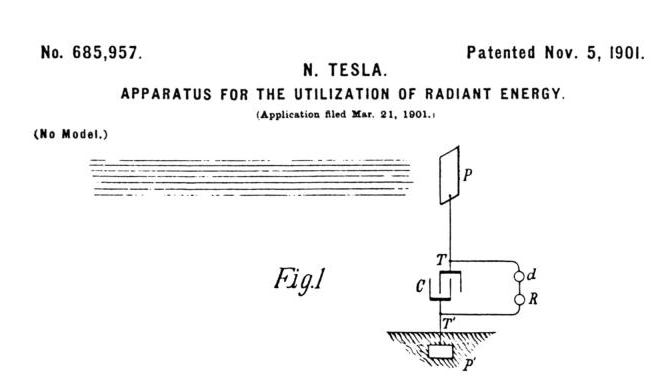
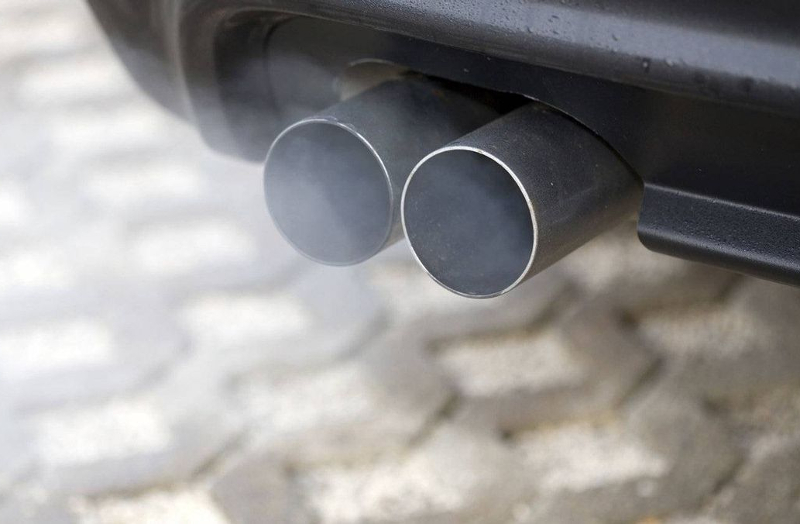

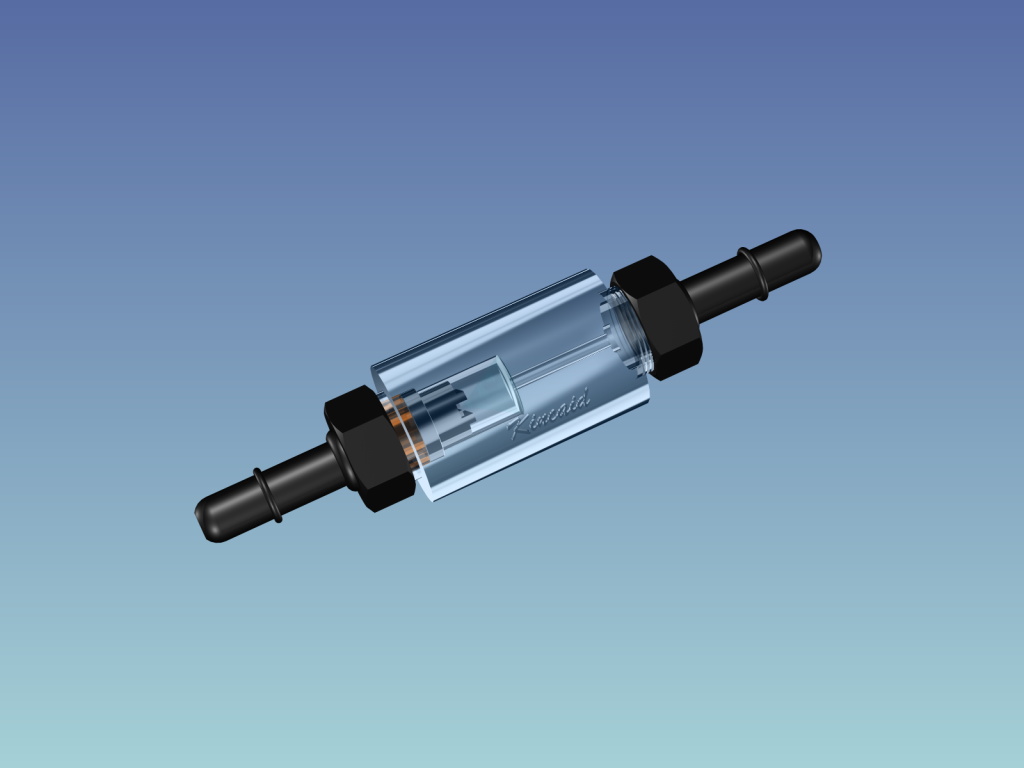



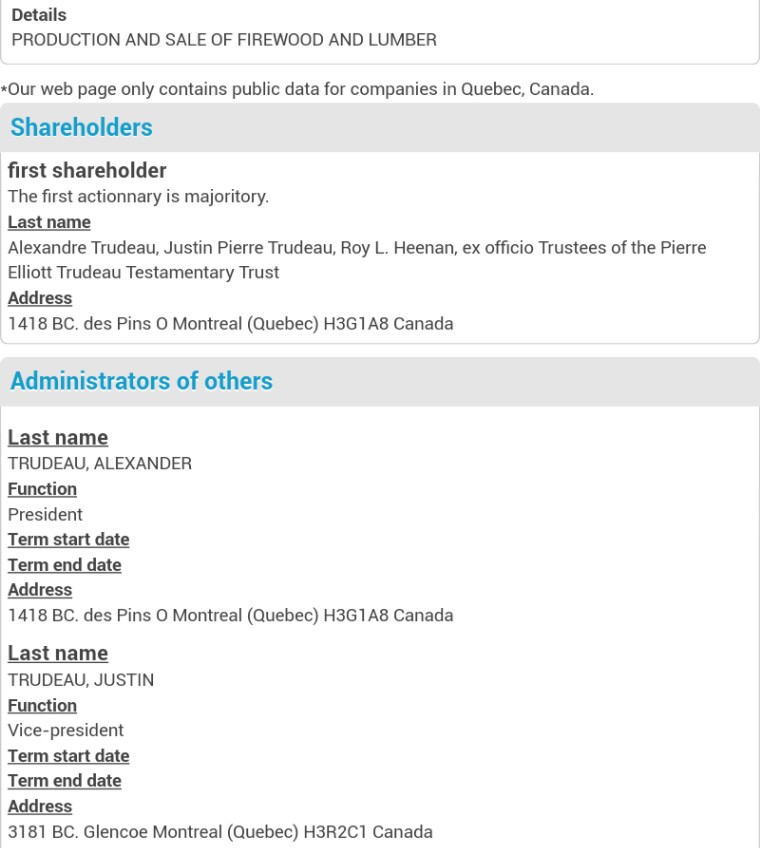
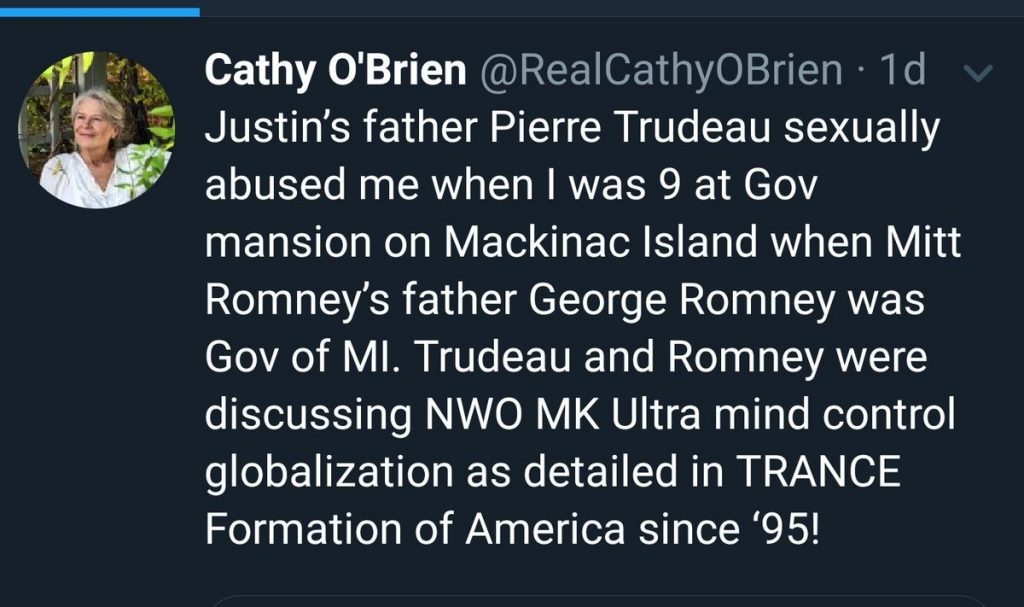



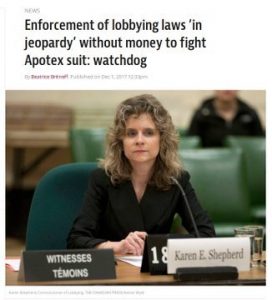 Justin Trudeau responded by giving the Office of Commissioner of Lobbying $400,000 in public funds to quash the Apotex/Barry Sherman lawsuit & a court hearing that was to be held February 2018 to address the Lobbying Commissioner Karen Shepherd refusing to comply with a court order that “redacted” documents that detail the taped interview between OCL & Barry Sherman must be uncensored & handed over to Apotex.
Justin Trudeau responded by giving the Office of Commissioner of Lobbying $400,000 in public funds to quash the Apotex/Barry Sherman lawsuit & a court hearing that was to be held February 2018 to address the Lobbying Commissioner Karen Shepherd refusing to comply with a court order that “redacted” documents that detail the taped interview between OCL & Barry Sherman must be uncensored & handed over to Apotex.








